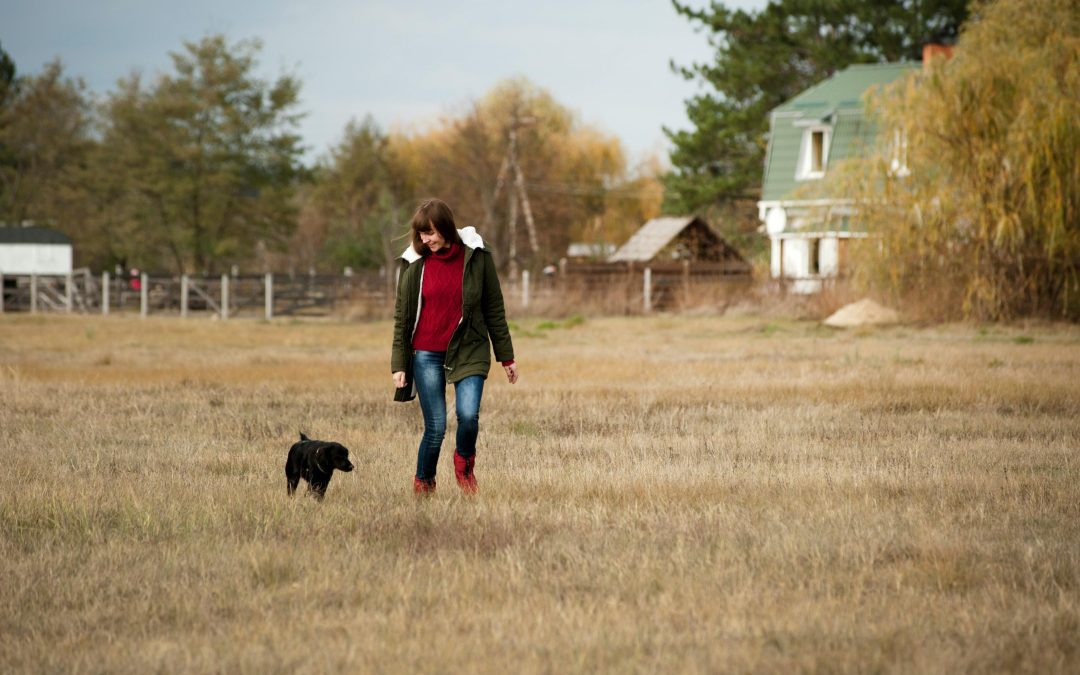It is no question that going through a divorce or having to consider getting a divorce is an emotional time with discussing child arrangements, as well as the division of property and finances, but it can be made even more difficult having to discuss who is going to take ownership of the family dog. Pets are such precious members of so many families so it does not come as a surprise to see almost 60% of households in the UK own a pet, however, the issue that arises time and time again is couples in dispute over who gets to keep the dog upon the breakdown of their relationship.
What is the law?
Despite their status as family members to many, dogs are not afforded the same status by law. The law states any pet is very much regarded in the same category as personal belongings. Dogs are ultimately classed as personal property, otherwise referred to as ‘chattels’. This means that a dogs welfare will not be considered in disputes over who keeps the dog following separation. Instead, the dog will be viewed as a chattel, similar to a piece of furniture and will be owned by one party or the other.
Does it matter if we are married vs unmarried?
If you are married and going through a divorce then the dog, as a chattel, will essentially form part of the matrimonial pot and may have to be dealt with as part of a financial settlement if you do not have a pre-nuptial agreement in place. The courts are generally reluctant to deal with pet disputes but should it become necessary, a judge would have discretion as to who should own the pet, and will consider matters as who paid for the dog and who the legal owner is.
As unmarried couples are not afforded the same legal protection, the likelihood is that the question of who keeps the dog and ultimately owns the dog will be determined by who paid for the dog.
How can we avoid this issue in the future?
We understand planning what will happen in the event of separation, even though it may feel wrong, it is a sensible approach. Having these discussions and a plan in place can make a future separation much easier and the intentions of both parties at the outset of the relationship have been clearly recorded so that they can be referred back to.
In 2014, the Law Society issued guidance encouraging the use of ‘pet-nups‘ which is an agreement similar to a pre-nuptial agreement but specifically prepared to deal with your beloved pets and what the arrangements would be in the event of future separation. It can be as specific as a weekly rota for caring for the dog upon separation, or it can simply determine that one person would keep the dog.
It is important to note that pre-nups and post-nups are not legally binding in their own right, but they are evidence of the intentions of both parties’ should the marriage break down so if they are properly prepared and are not unduly unfair to one party, then the court should uphold it. Similarly, unmarried couples can refer to care of the dog in a cohabitation agreement which can be referred to following a relationship breakdown.
What type of plans can we put in place?
If an agreement can be reached either directly or through negotiation, then it is up to you. You can agree that just one person keeps the dog, or it may be agreed that care for the dog is shared. Rota’s can be created to determine who walks the dog on what day. However, it is important that if care for the dog is shared, then ties will not be broken between you and your ex-partner.
What if we can’t agree?
Reaching an agreement between you is the most cost effective way to deal with a dispute but we understand that it is not always possible to do so when tensions are high following the breakdown of a relationship. If communication has broken down you may wish to consider mediation in attempt to reach a solution with the assistance of an independent third party. If mediation fails or is not simply suitable, you should speak to a solicitor for legal advice and assistance in achieving your desired outcome.
Contact us
If you need to speak with a legal professional on the issues discussed above, click here to speak with a family law solicitor today.

